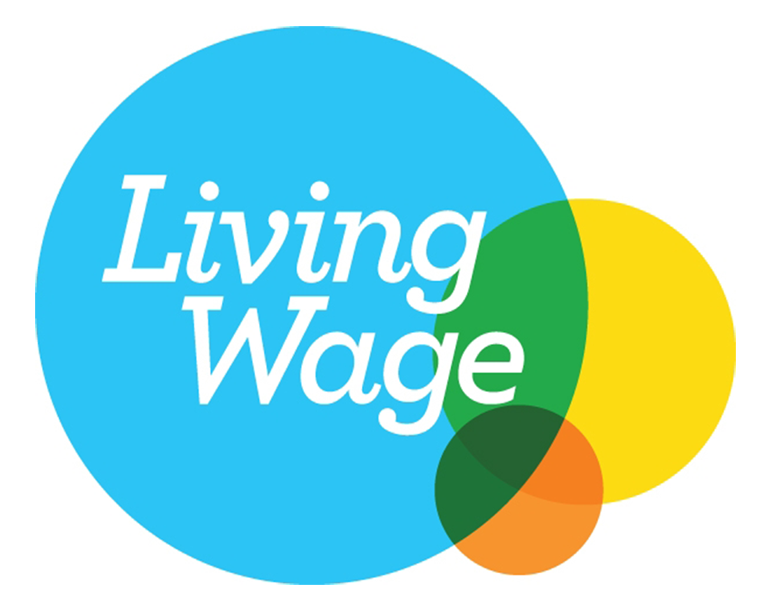Creator of the internet, Tim Berners-Lee created the “Contract for the Web” as a global plan of action to make the internet safer and more accessible for everyone.
The contract was created by over 80 international organisations to represent governments, private companies, and the general public.
Government Principles
1. Ensure everyone can connect to the internet
The first principle in the contract for the web aims for everyone from any background and location to be able to participate in the online world.
This has been set out to be achieved through specific policy goals, efficient frameworks to enforce goals, and supporting access to marginalised sections of society.
The policy goals include:
- Capping mobile data costs in line with average monthly incomes
- Providing at least 70% of children and adults with ICT skills by 2025
- For 90% of citizens to be able to access the internet by 2030
2. Keep all of the internet available, all of the time
This principle seeks to prevent government-led internet disruption and interference that breaches human rights, so that nobody is denied access to the internet.
Plus, there are goals that illegal content is removed within human rights law and that internet providers are open with their competition against other service providers/platforms.
3. Respect and protect people’s fundamental online privacy and data rights
To make sure that people can use the internet safely, this principle establishes a need to protect the data of internet users.
It also covers the monitoring of internet use and that government access to private communications comply with the law.
Company Principles
4. Make the internet affordable and accessible to everyone
To prevent people being excluded from using the internet there are three aims: create company policies that are inclusive to excluded groups, increasing the quality of service, and minimising any barriers that could prevent internet access.
5. Respect and protect people’s privacy and personal data to build online trust
By empowering people to be in control of their internet use, this principle aims to hand over control of privacy and data rights to individuals.
It’s important that people feel that they can trust the internet to improve their confidence and access to information.
6. Develop technologies that support the best in humanity and challenge the worst
With the end goal being that the web puts people first, companies are encouraged to make sure that people are accountable for their work, that all communities are engaged with, and to support digital commons.
Citizens
7. Be creators and collaborators on the Web
This principle focuses on ensuring that people are able to be active participants online so that there is a variety of content that is useful and relevant to all.
8. Build strong communities that respect civil discourse and human dignity
In working towards inclusivity online, this is designed to ensure that all feel welcome to use the internet, particularly following generations and typically excluded groups.
9. Fight for the web
Calling for web users to be active citizens, the final principle encourages people to create awareness for threats to the open web and provide support so that the internet can continue to be a useful resource for everyone.
Who supports this?
A number of social media and software companies support the contract for the web including Facebook, Twitter, GitHub, Reddit, Google, GitHub, and many more.
To become a supporter you can endorse the contract as an individual or part of an organisation on their website.








